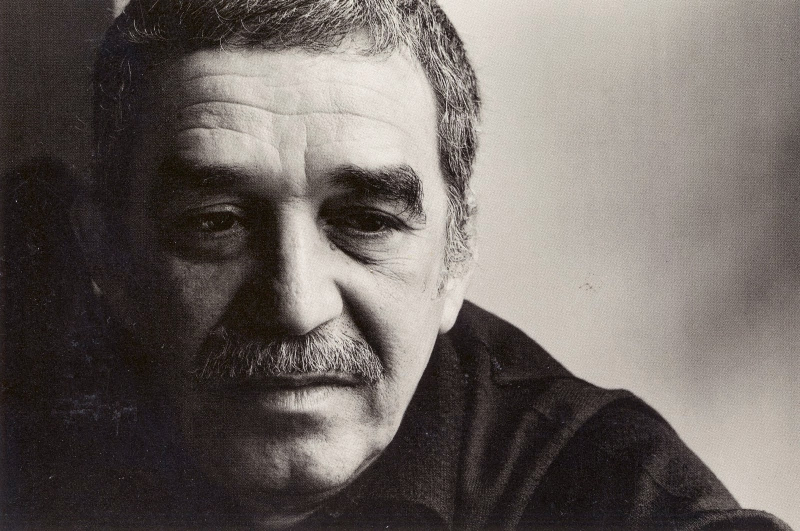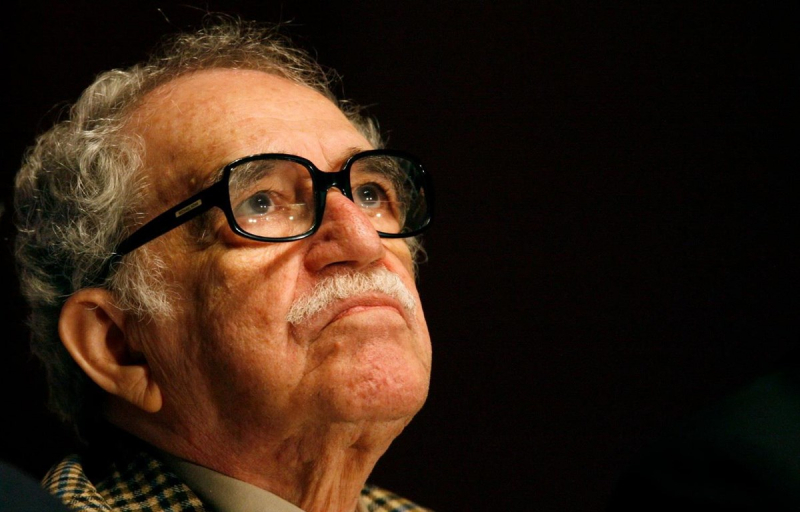Gabriel García Márquez
Gabriel José de la Concordia García Márquez (6 March 1927 - 17 April 2014) was a Colombian novelist, short-story writer, screenwriter, and journalist known affectionately throughout Latin America as Gabo or Gabito. Considered one of the twentieth century's most significant authors, particularly in the Spanish language, he received the 1972 Neustadt International Prize for Literature and the 1982 Nobel Prize in Literature. He pursued a self-directed education that led him to leave law school for a career in journalism. He was unafraid to criticize Colombian and foreign policy from the start. He married Mercedes Barcha Pardo in 1958, and they had two sons, Rodrigo and Gonzalo.
García Márquez began as a journalist and wrote numerous acclaimed non-fiction works and short stories, but he is best known for his novels, including One Hundred Years of Solitude (1967), Chronicle of a Death Foretold (1981), and Love in the Time of Cholera (1985). His works have received widespread critical acclaim and commercial success, most notably for popularizing a literary style known as magical realism, which incorporates magical elements and events into otherwise ordinary and realistic situations. Some of his works are set in the fictional village of Macondo (inspired primarily by his birthplace of Aracataca), and the majority of them deal with the theme of solitude.
When García Márquez died in April 2014, Colombian President Juan Manuel Santos referred to him as "the greatest Colombian who ever lived." He is remembered as one of the most important historical figures in Colombia.







